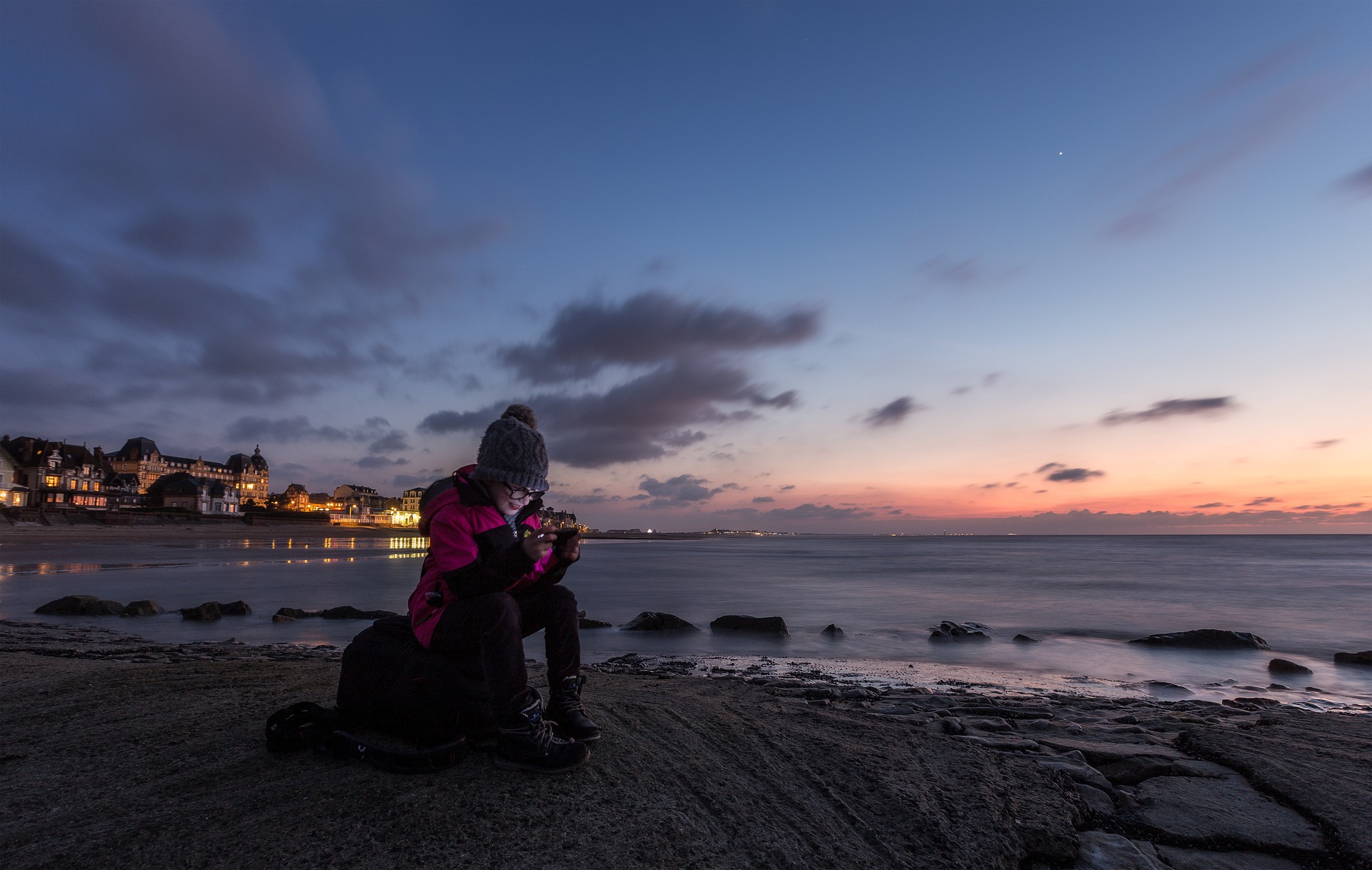We are now more connected than ever. We can see what our friends are doing, liking and listening to at the touch of a button. On Snapchat, we can even see exactly where they are. Why then, in an age where we have never been more interconnected, do more and more of us feel so lonely? Social media has done more good than bad for sure. It’s allowed us to keep in touch with friends from afar, and share the moments that matter the most, to a wider audience. But for some people, all that brings is anxiety and alienation as we measure our true reality with everyone else’s best bits.
“If it’s not online, did it ever happen?” has become an all too familiar phrase. We’re so fixated on the likes, the clicks, the views, and the hits that we’re missing out on what friendships truly have to offer. We measure ourselves and place value on the number of interactions that occur with our content. People are becoming products and we’re allowing others to place a value on us. This can be seen when we take down content because it didn’t get as many ‘likes’ as we hoped or take hundreds of selfies just to get the perfect shot. We tie up our self-worth online and are publicly quantifying it.
We snap the night away. We do it for the memories, but we also do it to show others what we are up to, that we are popular, that we are not alone. We now live our lives, looking through a screen and we see the world through 10-second snippets.
Even then, what are we really looking at? We live our lives in imperfection yet when we turn to our social media, we pretend that everything is perfect. When photography was introduced, it was supposed to show a more truthful representation of our planet, better than any painting could hope to achieve. But now, with face-tuning and filters, the sense that everything must be seen to be believed is far from true. A recent reality TV show called “the circle” proved this to be the case. Contestants lived together in a house, but never met each other and only interacted with each other through social media, where they could be whoever they wanted. The winner of the show, Alex, took on the persona of his girlfriend and created the character “Kate”.
But it’s that fear of missing out that hurts the most. Seeing those who you think are your friends having fun without you. Am I needed? Do I matter? If I fell from the face of the Earth, would people notice or care? The sudden feeling of isolation. A study by Nottingham Trent University found that FOMO was the most significant contributing factor to social media addiction. Many students would get rid of their accounts if they didn’t feel being left out of the loop of what’s going on. An NUS survey found that nearly 80% of students have experienced mental health problems at university and numerous studies have linked high social media use to high levels of anxiety, depression, and stress.
University is a wonderful experience. For some, it’s lifechanging. However, for too many, those cinematic expectations fail to live up to the hype. Now, more than ever, we need to put down our phones and pick up our friends. We need to check in with each other. We need to be there for one another through the good days and the tough ones too. Social media has brought benefits to our lives and to society. But for me, it must be friendship over filters and liking friends for who they are over who they portray online.
Steven Atkins

